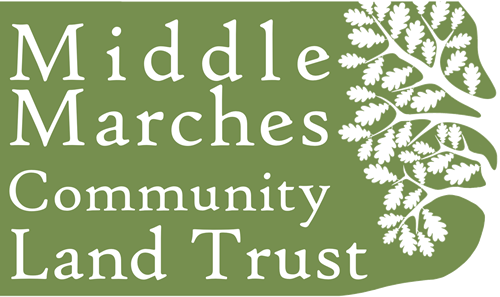Soil, Food & Wildlife Event
Sunday 24th November 2019
The first at The Hurst will certainly be one to remember. It was fantastic to be able to use this beautiful venue and we hope it will be the first of many more.
Our event took place in the main house and we also had use of the kitchen and dining area which made for a great social lunch with lots of stimulating discussion! Also in keeping with the event was the wonderful exhibition on the life of Sir Albert Howard next door. Sir Albert Howard, who is often referred to as the father of modern Organic Agriculture, was born in Bishop’s Castle in 1873. You can find out more about his life and work from the Albert Howard Society.
Below is a short summary of the topics we heard about during the day and the speakers’ contact details in case you’d like to know more.
We’d like to say a big thank you to those who spoke during the day and to all of the attendees. We really enjoyed the day and hope you did too.
Mark Measures, Farm Advisor and Soil Specialist
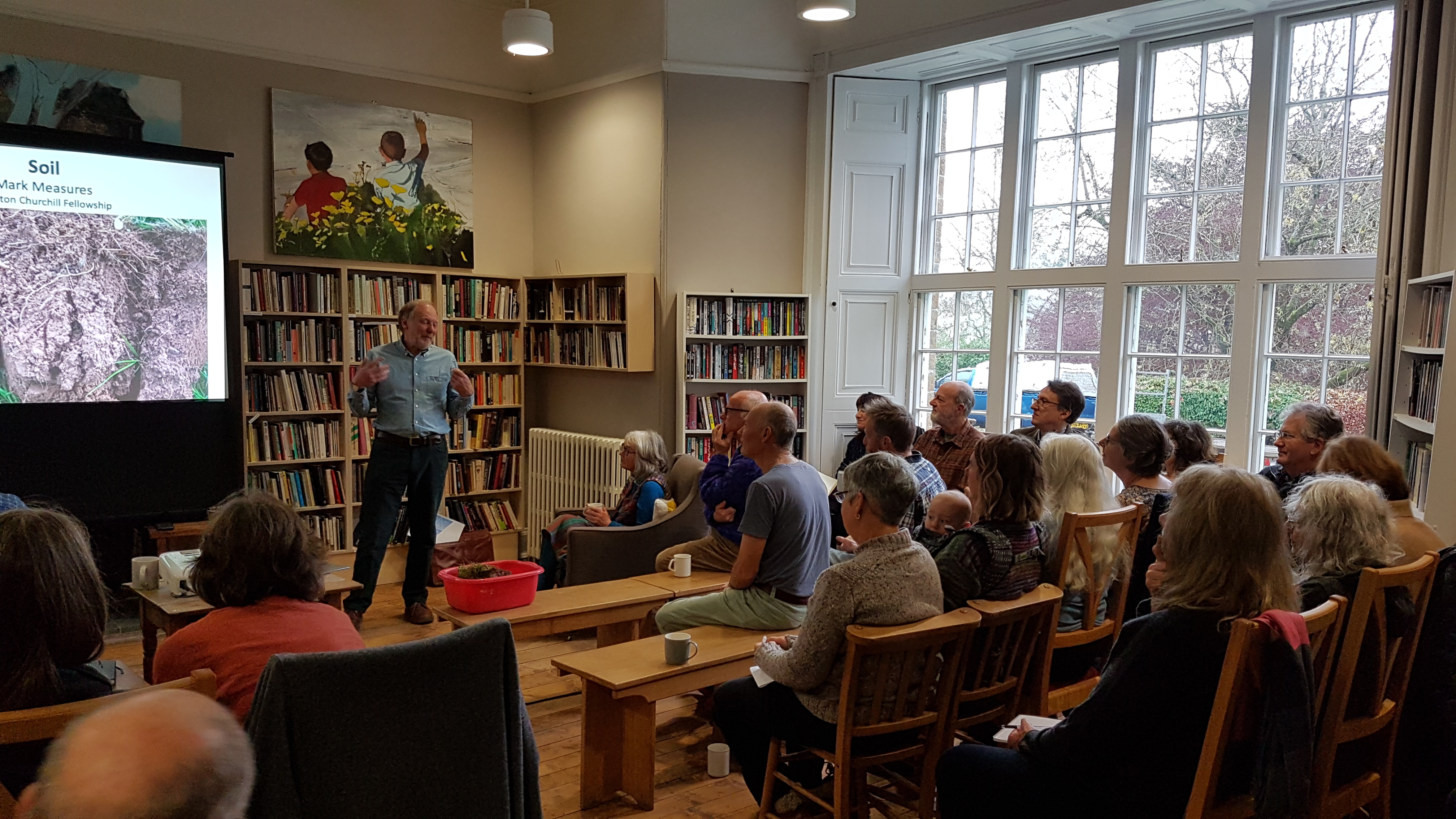
Mark introduced the day by taking us through the different areas of soil management and how each of these affects the health of the soil. These included:
- Crops, looking particularly at crop rotation
- Legumes and their role in nitrogen fixation
- Carbon, which provides energy to drive the whole system
- Manures, animal and green manures. These play a key role in recycling nutrients
- Soil structure, we looked at a soil spit and learned how to identify healthy soils
- Fertilisers, which intentionally appeared at the bottom of the list to emphasise that we need to move away from these being the primary input for soil management
Mark went on to explain the importance of soil biology, which has the following key functions: recycling nutrients, nutrient availability and soil structure.
In his research paper on Soil Management for Sustainable Food Production and Environmental Protection (2018), “a common theme was the recognition that better soil management is needed, that soil biology should play a much greater role than in the past and that improved soil analysis methods are needed to support that management.
While a standard pH, P, K Mg soil analysis may be adequate in some circumstances it is insufficient for many purposes and additional analysis of trace elements, organic matter and soil biology is needed.”
You can read the full research paper here.
Organic farmers have been working on this for many years. Indeed, none of this information is new. Mark drew our attention to the thinking of Hippocrates, Moses, McCarrison, Howard and Balfour, who were all concerned with the link between farming and human health.
The health of soil, plant, animal and man is one and indivisible
Mark commented on how soil health directly impacts wildlife and the availability of food, and agreed that we should continue to actively pursue the link between how our soil is managed and the health of our gut.
His research “identified a number of farming techniques and systems which have a critically important role to play in food and farming in the future.
At a practical level the importance of feeding the soil with large quantities of green manures, the role of compost and the use of lower tillage methods were identified.
At a systems level three long-term farm system trials demonstrate that organic farming is more effective than conventional farming at delivering the multiple outputs of food, food quality, soil enhancement, environmental protection and water quality that will be required in the era of delivering ‘public goods’ which will be required of UK farming in the future.” (Mark Measures, 2018).
Mark Measure’s website: www.organicmeasures.co.uk
Daphne Du Cros, Little Woodbatch
Secondly, we heard from Daphne du Cros, a food policy researcher, educator, and proud owner of Little Woodbatch Market Garden. She is currently completing a PhD in Food Policy at the Centre for Food Policy at City, University of London.
Daphne and her family moved to Bishop’s Castle in 2017 having bought a 2 acre farm, which we now know as Little Woodbatch. It is a community-focused farm designed to support the social, environmental and economic life of the town they live in. Daphne was inspired to start this project after seeing some of the innovative small-scale farming techniques used in Canada and Europe. Daphne says,
We think food can be produced in a better way than the ‘norm’ that we’ve all become used to, that it can taste really, really good, and can work with our environment rather than against it. We believe that healthy, sustainable fresh veg should be accessible to everyone, because no one should have to sacrifice quality, health, or their values because a price tag is too high.
Daphne talked about the importance of knowing where our food comes from and having more control over what we grow and eat. It is a privilege to share food with the local community and the positive knock-on effects of a project like this are countless. For example, Little Woodbatch is already looking to hire people, thus providing new jobs in the area and boosting the local economy.
Interestingly, this isn’t only a personal and professional project for Daphne, it is political. As well as discussing the challenges of access to locally grown food and how we can create a sustainable system to make it easy for people to buy fresh, tasty, locally-grown food from transparent businesses, Daphne also commented on her commitment to working with councils to coordinate local food policy.
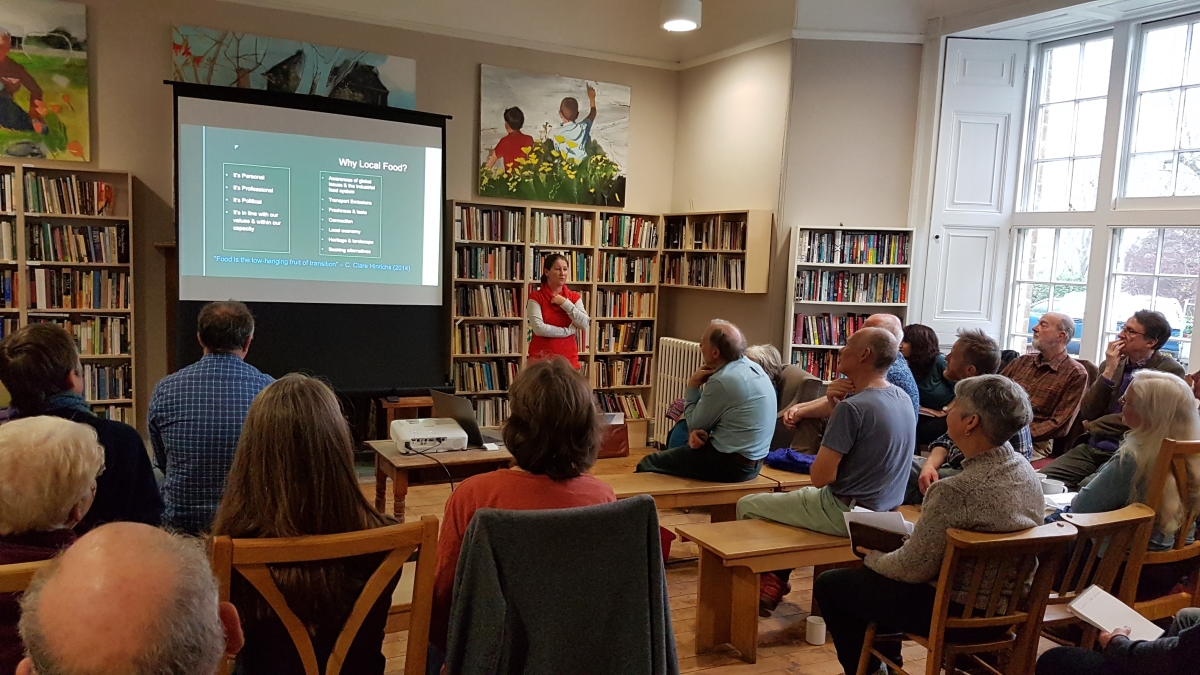
We have fallen into a system where we take food for granted and it is now crucial that we re-learn the true value of food. Little Woodbatch is making an excellent contribution to this learning process.
Little Woodbatch’s website: www.littlewoodbatch.co.uk
Daphne’s website: www.daphneducros.com
Fiona Gomersall, Severn Rivers Trust
After working at the Shropshire Wildlife Trust for over ten years, Fiona has recently joined the Severn Rivers Trust where she is working as a farm advisor in the Clun catchment area. Her work involves visiting farms, offering advice, soil testing and developing water and soil management plans to help make farms future fit.
Fiona introduced her talk by showing us a map produced by Sci Mapping software of soil erosion in the Clun catchment. The red areas indicated where the erosion is most prevalent.
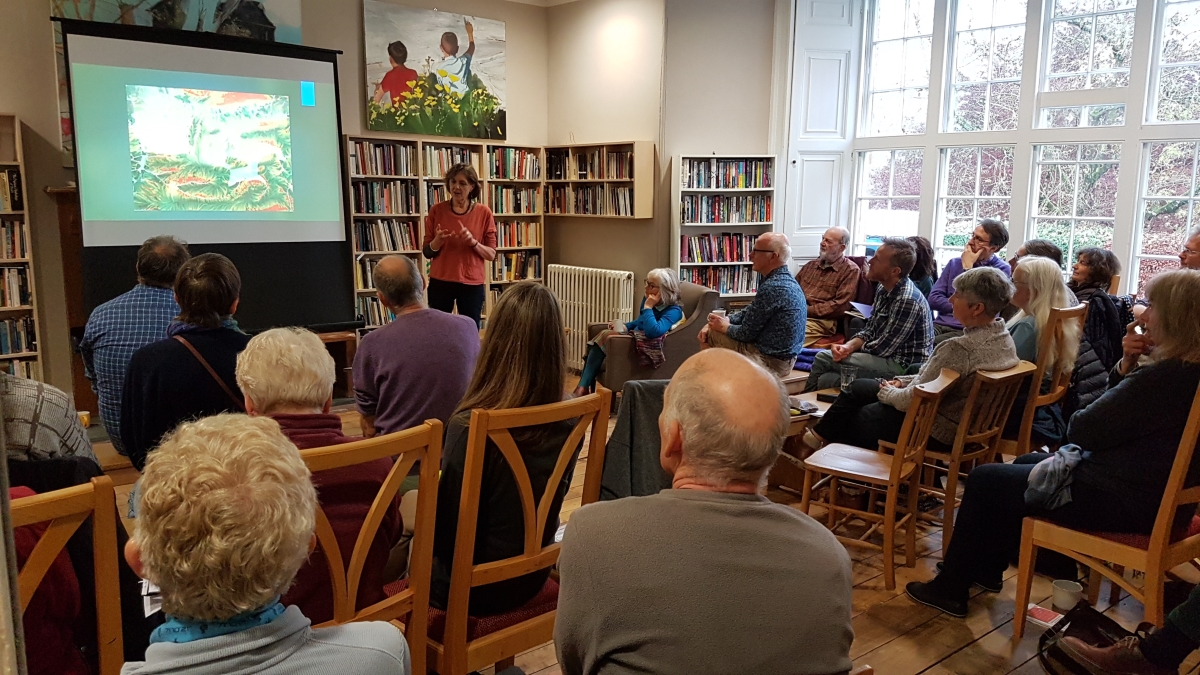
Fiona then explained how she conducts soil tests on the farms she visits and what she’s looking for:
- Takes samples from 4 fields
- Takes 20-25 small samples following a ‘W’ or ‘M’ shape across the field
- These samples combined make up ~300g per field
- Digs 2-3 soil spits to examine soil structure. For example, if the soil cracks vertically this is a sign of healthy soil Here, Fiona will also look at the root structure and how far down the roots go
- Smells the soil
- Tests for organic matter, P, K, Mg, pH
- Counts number of worms
- Tests for soil compaction, which is important as it can lead to more run-off into rivers and poor grass growth
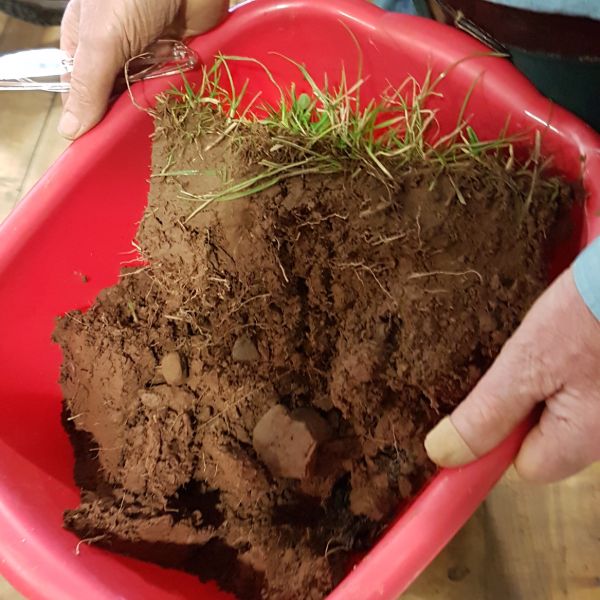
As well as soil testing, Fiona reviews the farm infrastructure, which includes looking at hedgerows, trees, rush pastures, watercourses, ditches, drains, ponds, unimproved grassland, heaths and mires, and links this with the health of the soil to make recommendations to the farmer.
If you are in the Teme, Onny or Clun catchments, we would highly recommend getting in touch with the team to be included in this work.
Marches Meadow Group, Myriad Organics Ludlow and Clun Climate & Environment
We were delighted to hear from these groups towards the end of the day and to learn about the work they are doing locally.
As Alison from the Clun Climate & Environment Group highlighted, collaboration is key. Creating a space to give these groups a voice in the area is what is needed. It is inspiring to hear what is being achieved and we look forward to seeing how they each grow in future.
Thank you once again to the wonderful speakers and thank you to all those who attended. The event wouldn’t have been such a success without your engagement and insightful discussion. We look forward to seeing you again soon.
Marches Meadow Group’s website: www.marchesmeadowgroup.com
Myriad Organics Ludow’s website: www.myriad-organics.co.uk
Middle Marches is run entirely voluntarily
Supporting the Trust makes a huge difference to how we operate and grow in future.Thank you for your support.
